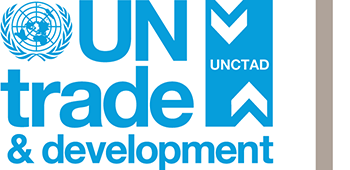Sovereign financing is one of the most underdeveloped areas of international law as sovereign debts are mainly governed by domestic laws. As a result, there are no clear boundaries relating to creditor and borrower behavior - or indeed expectations as to such behavior. This legal void has contributed to insufficient deterrence to irresponsible or sub-optimal sovereign lending and borrowing. As attempts to introduce hard international law and regulations which are binding on countries have suffered repeated setbacks and international consensus has been difficult to reach, past decades have witnessed efforts to develop soft laws or norms for the purpose of introducing behavioral change and set clear boundaries for appropriate conduct.
The Principles on the Promotion of Responsible Sovereign Lending and Borrowing (the UNCTAD Principles) developed under the auspices of the United Nations on Trade and Development (UNCTAD), which was launched in 2012, have been acknowledged for the comprehensive coverage of debt instruments; inclusiveness in the formulation, validation and consensus building processes; and solid backstopping by scholarly research and analysis. The UNCTAD Principles set out clearly the co-responsibilities of both lenders to sovereigns and sovereign borrowers, covering all debt instruments used by sovereigns and by all categories of countries. Though soft law instruments are non-binding in nature, it carries legal effects and has a compliance pull for various reasons including the reputational costs of non-compliance.
Currently, against the backdrop of increasing debt vulnerabilities in developing countries caused mainly by spiking debt servicing costs, risk of stagflation, accumulation of public and private debt and widening development finance gaps, the efforts to revitalize the UNCTAD Principles could guide developing country policy makers to adopt more optimal ways in their efforts to mobilize new external and domestic financing, minimize and resolve debt crisis.
